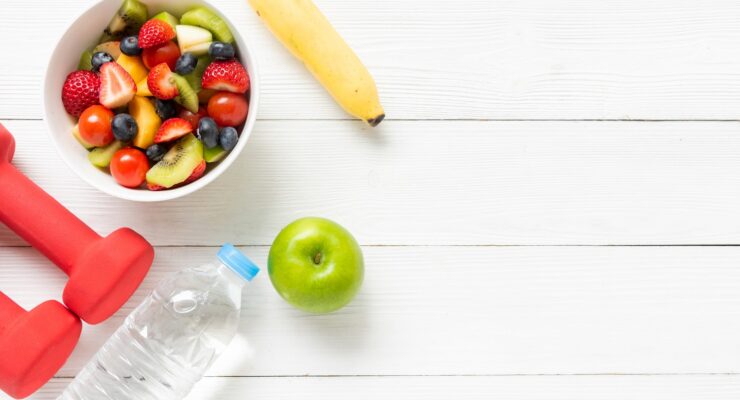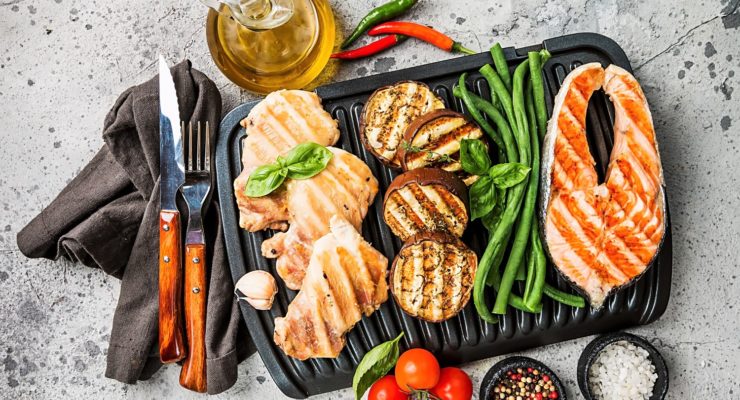How to Shop Organic Without Breaking the Bank
Article posted in: Lifestyle
Eating organic is a smart investment in your health. With much of the conventional food in our supply chain containing pesticides, hormones, antibiotics and genetically modified ingredients (GMOs), eating organic, whole foods is one of the best things you can do—not only your diet, but also for your quality of life. Consuming organic foods can limit your exposure to chemicals that can cause cancer, neurological and reproductive disorders, and fertility issues. Choosing to eat sustainably grown, organic food also has a gentler impact on our planet, reducing air, water and soil pollution. If that’s not enough, organic food has been shown to be more flavorful and nutritious than conventional food.
While many organic options come with a higher price tag, your shopping trips do not have to break the bank. Here are some ways to get more organic food into your diet on a budget.
Prioritize What You Buy
Purchasing organic, grass-fed dairy and meat should be a high priority, as their non-organic counterparts often contain cancer-causing hormones, pesticides and nitrates that may be associated with cancer. It’s a good idea to go organic when purchasing high-GMO risk crops, like corn, soy and sugar beets. For fruits and vegetables, follow the Environmental Working Group’s “Dirty Dozen” and “Clean 15” lists to determine which produce you should always buy organic and which items you can buy conventionally. Also consider buying store brand organic food.
Buy From Local Growers
Purchasing organic food directly from local farmers is a great way to save some cash. Visit your local farmers market to get well stocked on well-priced whole, organic foods. Hang around toward the end of the market when vendors are more likely to give you a break on your purchase. Also consider making trips to local farms to purchase food directly from a farm store, where you will generally see significant savings. Be sure to ask farmers about their growing practices. Many use organic methods, but bypass the expensive organic certification process.
Clip Those Coupons
Believe it or not, but there are organic grocery coupons out there! Most of the organic coupons you will find are online. Try these websites: Mambo Sprouts, Organic Deals, Common Kindness. Also, keep an eye on your local grocery store’s circulars for coupons, as supermarkets continue to increase their organic offerings.
Get Cooking
Plan your weekly meals around sale prices at your local store. Include the ingredients on your shopping list and don’t be tempted to veer off track! Also, try your hand at making homemade versions of pre-packaged food and snacks, like granola bars, fruit leather, juices and smoothies.
Buy in Bulk
This is one of the best ways to get more bang for your buck. Visit your store’s bulk foods aisle to stock up on grains, dried fruits, nuts, spices, tea and more. Purchase an entire chicken, which, pound for pound, saves quite a bit of money compared to buying individual cuts of meat. Save your chicken bones to cook for the base of another meal: soup! When organic produce is on sale, don’t be afraid to buy in large quantities; just put whatever you can’t use right away in the freezer.
Plant a Garden
Of course, planting your own garden is a great, and practically free, way to enjoy locally grown organic food. Consider planting crops that are a staple in your diet or that are priced high in grocery stores.














